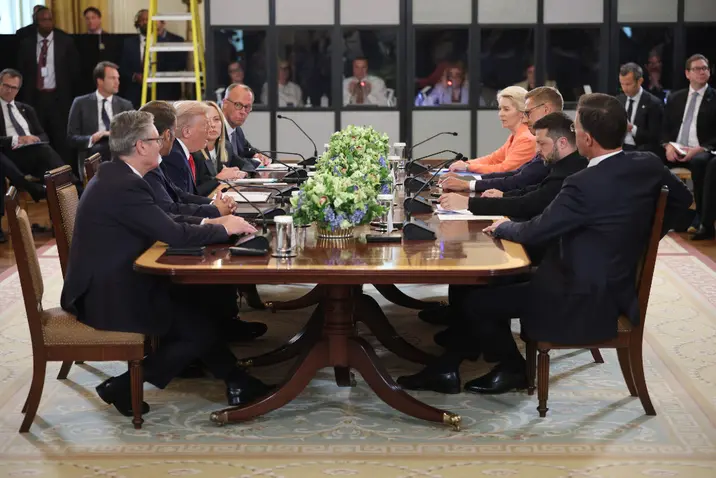T4K3.news
Kremlin seeks veto on Ukraine security guarantees
Russia demands veto power over Western security guarantees for Ukraine, complicating peace efforts and influencing future defense aid and sanctions.

Russia seeks veto rights over Western security guarantees for Ukraine, a move that could stall peace talks and shape future support for Kyiv.
Kremlin Demands Veto Power on Ukraine Security Guarantees
The assessment shows Moscow pressing to veto any Western security guarantees for Ukraine. Russian Foreign Minister Sergey Lavrov warned that talks without Russia’s input are a road to nowhere and said Russia cannot agree to proposals that exclude Moscow from decisions about Ukraine’s security. European officials counter that any peace framework must preserve Ukraine’s sovereignty and its future path toward EU and NATO cooperation. The report also notes that Western leaders have rejected ideas giving Moscow a gatekeeping role over military aid or alliance commitments.
On the economic front, Russia faces growing budget pressures as defense spending remains high despite Western sanctions and tariff measures. Reports indicate a large portion of the budget goes to defense and security, while funds for healthcare and education are being constrained. Secondary tariffs and lower oil revenues due to discounts and sanctions are reducing Moscow’s foreign exchange inflows, complicating its financing of the war. The Kremlin has signaled it may reallocate resources toward its defense industrial base, even as it contends that civilian expenditures are still prioritized.
Diplomatically, Moscow keeps presenting the Istanbul 2022 framework as a basis for guarantees, while officials in Kyiv and Europe push back on provisions that would allow veto power or restrict Ukraine’s future alliances. Putin has indicated willingness to pursue Istanbul-format talks but has not committed to a rapid summit with Zelensky, and there is debate over whether any future meeting would address the underlying security guarantees or merely manage tensions in the near term. The report also notes a broader restructuring of Russia’s elite to align with the war effort, signaling a longer horizon for Moscow’s strategic aims.
Key Takeaways
"road to nowhere"
Lavrov on discussions without Russian input
"cannot agree"
Lavrov denying that proposed guarantees can be resolved without Russia
"Putin cannot be trusted to honor any promises or commitments to permanently cease military activity against Ukraine"
Kallas on Putin's credibility
"collective security guarantees that are truly reliable"
Lavrov describing the desired guarantees
The Kremlin’s demand for veto rights signals a fundamental shift in how peace is imagined. If Moscow can block Western security guarantees, Kyiv loses a crucial mechanism for deterring a future invasion, and Western partners lose leverage to react cohesively. The move appears designed to force concessions that would limit Ukraine’s ability to seek broader security assurances. Economically, Russia’s defense-heavy budget and sanctions pressure create a tension between sustaining the war and maintaining social stability at home. Moscow’s readiness to shift resources toward a defense base—while portraying civilian spending as a priority—speaks to a long game that relies on external revenue and a captive domestic narrative.
Diplomatically, the Istanbul framework is being used as a cudgel rather than a blueprint for workable guarantees. The tension between Moscow’s veto demand and Europe’s insistence on Ukraine’s sovereign choices underscores a broader rift about who controls the future of security guarantees. If the West remains united and insists on robust guarantees without a Moscow veto, Russia’s leverage may erode; if not, the situation risks a protracted stalemate that could harden lines on the battlefield and prolong economic strain in both countries. The shift toward a younger, war-connected elite inside Russia also signals a recalibration of power that could affect governance and policy for years to come.
Highlights
- Veto power now shapes the next peace chapter
- Putin cannot be trusted to honor any promises
- Security guarantees must be truly reliable not a bargaining chip
- Peace talks get blocked by veto power instead of open dialogue
High political and economic risk from Kremlin veto demands
The demand for veto rights over Ukraine security guarantees introduces significant political risk for peace negotiations and carries broader economic implications for Russia, Ukraine, and Western partners. The stance could prolong conflict dynamics, affect defense funding and sanctions policy, and trigger backlash from allies committed to Ukraine’s sovereignty.
Peace talks will depend on whether Western partners can preserve Kyiv’s security while keeping Moscow from shaping the outcome through veto power.
Enjoyed this? Let your friends know!
Related News
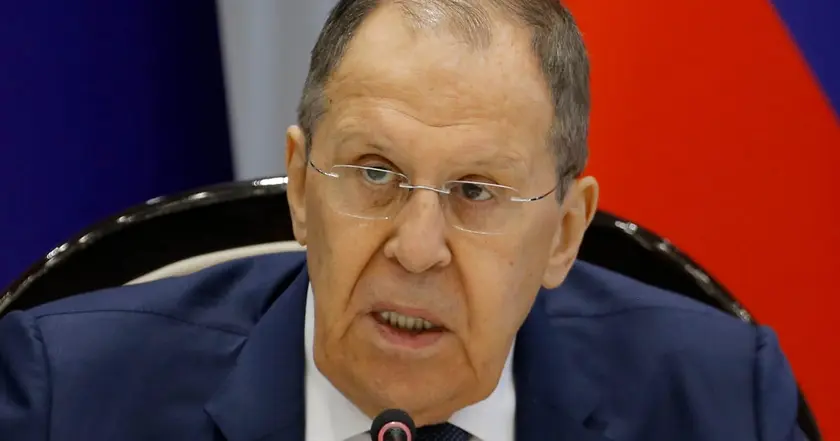
Russia demands veto on Ukraine security guarantees
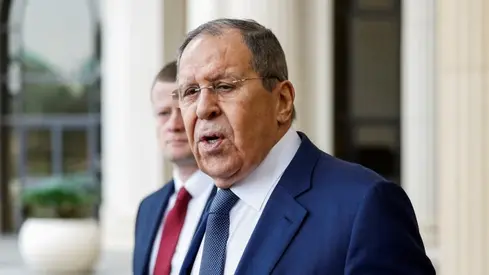
Russia seeks veto in Ukraine security guarantees
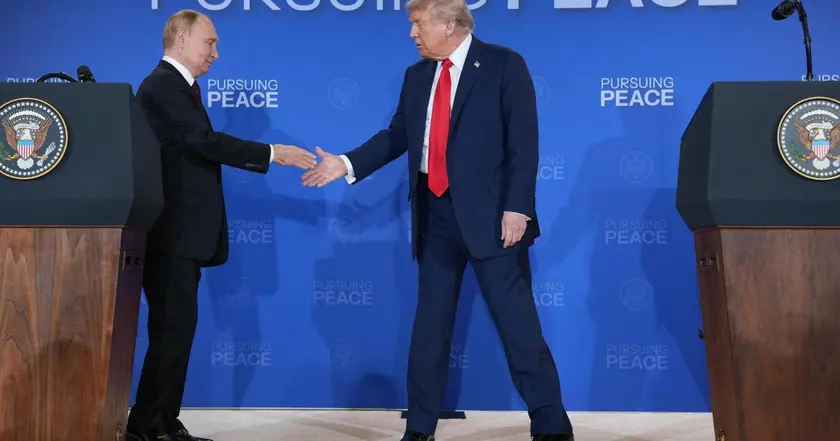
Alaska summit updates
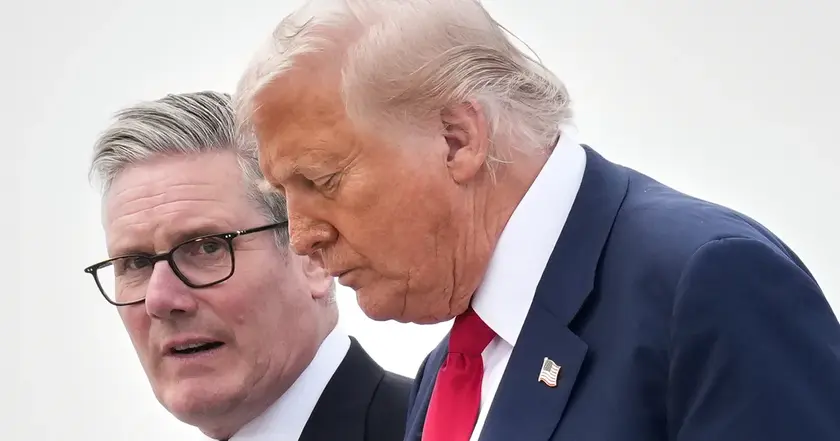
Starmer and Trump clash on Ukraine NATO membership
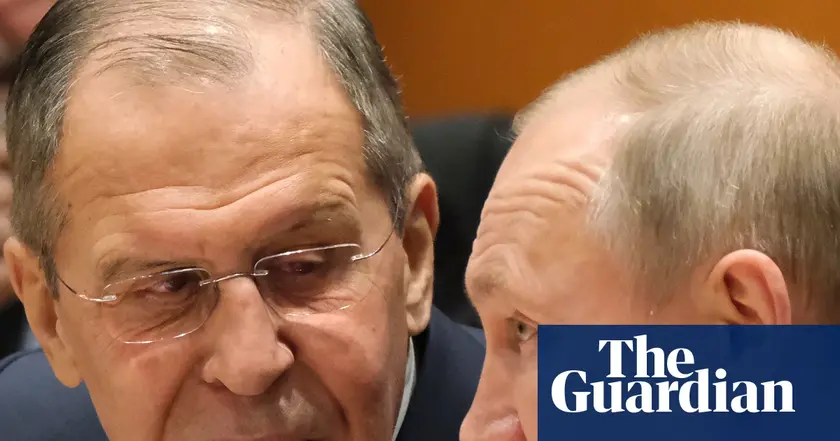
Russia seeks seat at Ukraine security talks

Putin signals Donetsk focus in Alaska talks
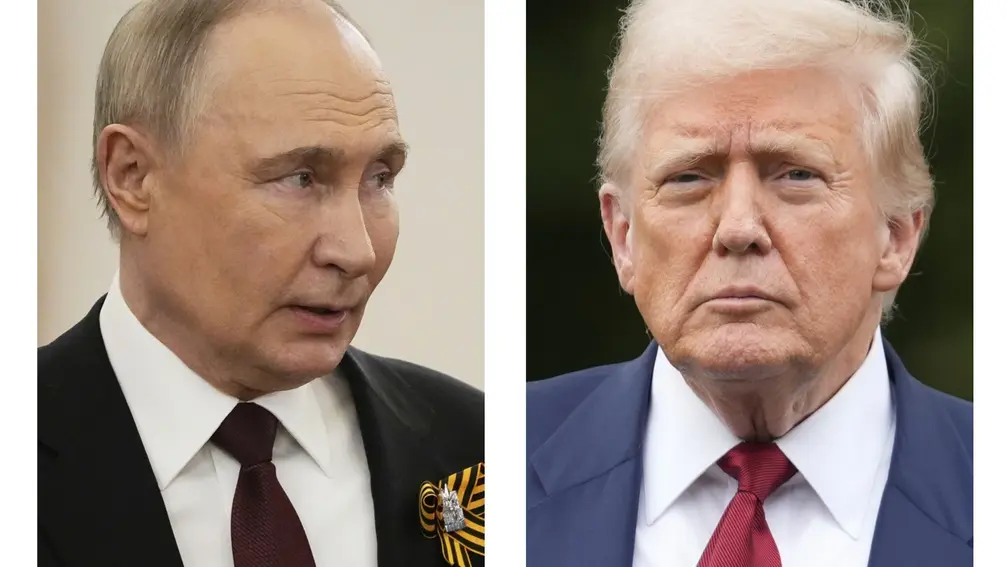
Russia holds firm ahead of Putin Trump summit

Trump signals peace talks with Russia ahead of Alaska summit
